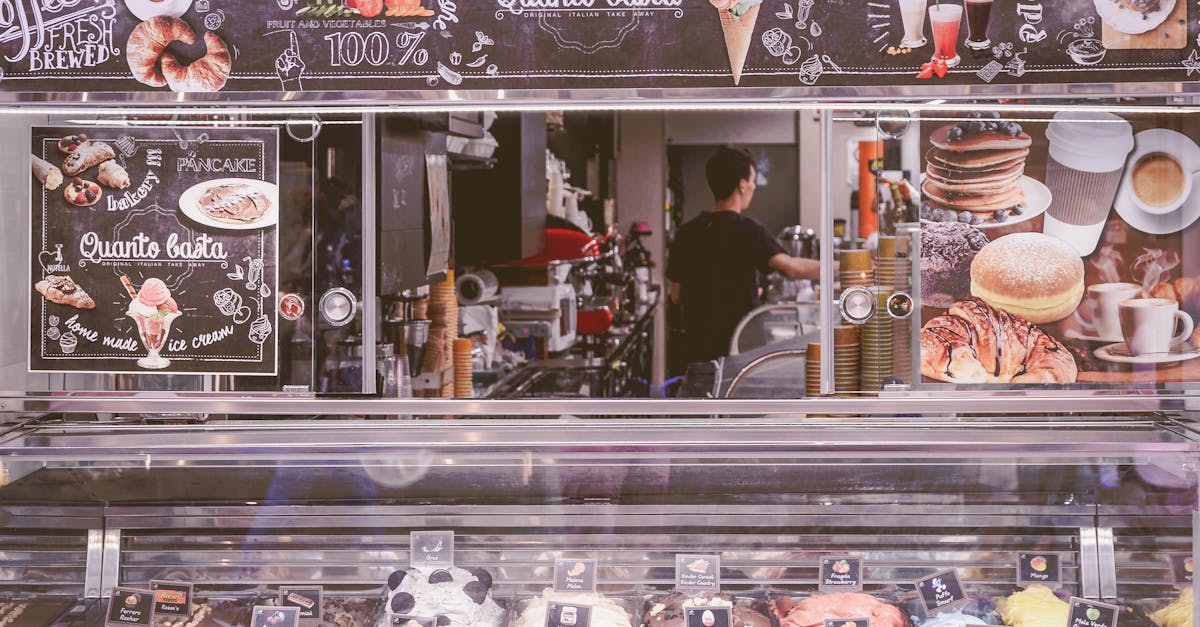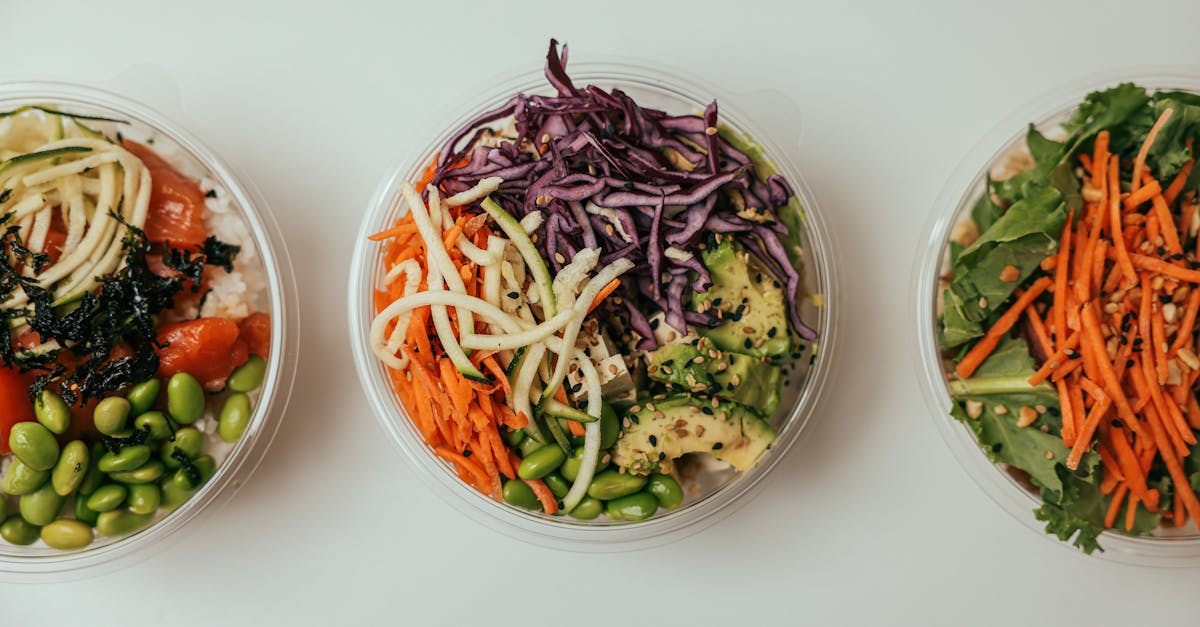
Introduction to Flavors of the Future
The culinary world is on the brink of a transformative era as we approach 2024. Innovations in food and drink are reshaping what we consume, driven by a combination of advancing technologies and evolving consumer demands. These trends not only redefine taste experiences but also impact our environmental footprints and health benefits. From plant-based alternatives to AI-customized meal plans, the future of food holds a promise of excitement and nourishment. But what exactly are these innovations, and how will they influence our daily diets? This article delves into eight compelling culinary advancements that are set to flavor our future.
Plant-Based Protein Revolution
The plant-based movement is gaining momentum, driven by environmental concerns and health-focused consumers. Products made from legumes, nuts, and seeds are no longer niche but mainstream staples. Companies are enhancing taste and texture to compete with traditional meat products. Experimenting with less popular plant sources like seaweed and algae, innovators create nutrient-rich alternatives. Restaurants are also transitioning, offering plant-based dishes beyond just salads and smoothies. With the potential for a lower carbon footprint, plant-based diets are expected to shape sustainable dining experiences in 2024.
Functional Foods and Beverages
Functional foods and drinks are crafted to provide health benefits beyond basic nutrition. The demand for these products is climbing as people seek natural ways to boost immunity, reduce stress, and improve gut health. Ingredients like turmeric, ginger, and adaptogenic mushrooms are becoming standard in everyday meals. Beverages infused with CBD, probiotics, and vitamins cater to specific health needs, offering quick and easy wellness solutions. As technology advances, consumers can expect more targeted nutrition options that align with individual health goals.
AI-Driven Dining Experiences
Artificial intelligence continues to revolutionize the food industry by offering personalized dining experiences. By analyzing dietary preferences and health data, AI can suggest meal plans tailored to individual needs. Restaurants use AI to create dynamic menus that adapt to real-time customer preferences and seasonal ingredients. In-home devices predict grocery needs and provide recipe recommendations. AI helps reduce food waste by efficiently managing inventory and predicting consumer demand. As the tech-savvy culinary landscape evolves, the integration of AI enhances both convenience and enjoyment.
Sustainable Sips Through Technology
Sustainability and innovation are central to the beverage industry’s evolution. Companies explore technologies that transform waste into valuable resources for drink production. For example, winemakers create eco-friendly wines using techniques that reduce water usage and emissions. Similarly, breweries are adopting closed-loop systems that recycle materials and energy. Sustainable packaging solutions, such as biodegradable bottles, are paving the way for an environmentally conscious future. In 2024, these technological advancements will redefine the global beverage market, making green choices mainstream.
The Emergence of Cellular Agriculture
Cellular agriculture offers a revolutionary approach to food production by cultivating meat and dairy in labs. This method bypasses traditional animal farming, presenting a sustainable and ethical alternative. Cultured meat, deriving from animal cells, promises to meet protein demands without environmental harm. As technological barriers diminish, we can expect the cost of lab-grown products to fall, making them accessible to the broader market. With strategic investments and expanded production capabilities, cellular agriculture stands as a pillar of future food innovation.
Exploring Novel Flavors and Experiences
The modern palate craves discovery, with adventurous consumers eager to explore new flavors and culinary experiences. This drive results in the fusion of traditional cuisines with unexpected ingredients. Chefs experiment with cross-cultural recipes, while mixologists craft cocktails that challenge conventional tastes. The sensory experience is further enhanced by immersive dining environments that transport diners to new worlds. As globalization and digital media expose us to diverse cultures, this flavor exploration is set to be a defining characteristic of 2024.
Packaging Innovations for a Better Planet
As environmental awareness grows, packaging innovation becomes crucial in reducing plastic waste. Edible packaging materials crafted from seaweed and other natural resources are entering the market. Plant-based inks and biodegradable wraps contribute to reducing the ecological footprint. Consumer awareness around sustainable practices influences purchasing decisions, driving brands to embrace eco-friendly options. In 2024, innovative packaging solutions will be vital in creating a more environmentally friendly food and drink industry.
Summing Up the Culinary Future
The year 2024 heralds a new era of innovation in the food and beverage industry. From the rise of plant-based proteins to AI-enhanced culinary experiences, the evolution of our meals reflects technological and societal shifts. As sustainability becomes paramount, the industry's focus shifts towards reducing environmental impact while maintaining quality and flavor. These trends not only promise exciting dining experiences but also encourage a conscientious approach to consumption. Ultimately, this blend of innovation and awareness is set to redefine how we savor the flavors of the future.